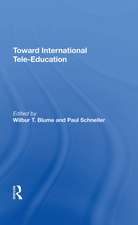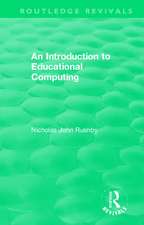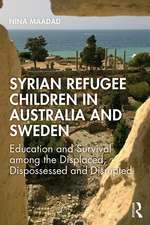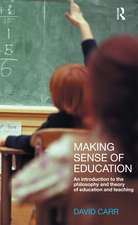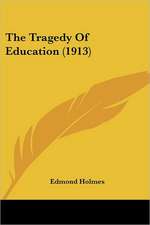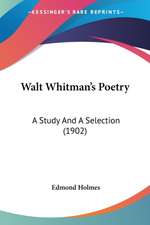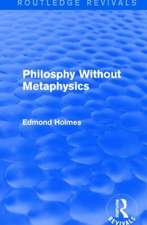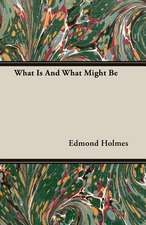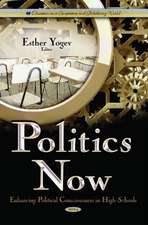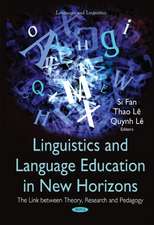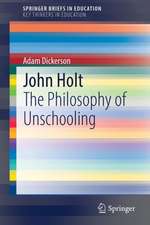Freedom & Growth (Routledge Revivals): And Other Essays
Autor Edmond Holmesen Limba Engleză Hardback – 19 aug 2016
| Toate formatele și edițiile | Preț | Express |
|---|---|---|
| Paperback (1) | 350.68 lei 43-57 zile | |
| Taylor & Francis – 31 mar 2021 | 350.68 lei 43-57 zile | |
| Hardback (1) | 819.90 lei 43-57 zile | |
| Taylor & Francis – 19 aug 2016 | 819.90 lei 43-57 zile |
Preț: 819.90 lei
Preț vechi: 1102.76 lei
-26% Nou
Puncte Express: 1230
Preț estimativ în valută:
156.88€ • 164.24$ • 129.81£
156.88€ • 164.24$ • 129.81£
Carte tipărită la comandă
Livrare economică 07-21 aprilie
Preluare comenzi: 021 569.72.76
Specificații
ISBN-13: 9781138203778
ISBN-10: 1138203777
Pagini: 322
Ilustrații: 1
Dimensiuni: 129 x 198 mm
Greutate: 0.45 kg
Ediția:1
Editura: Taylor & Francis
Colecția Routledge
Locul publicării:Oxford, United Kingdom
ISBN-10: 1138203777
Pagini: 322
Ilustrații: 1
Dimensiuni: 129 x 198 mm
Greutate: 0.45 kg
Ediția:1
Editura: Taylor & Francis
Colecția Routledge
Locul publicării:Oxford, United Kingdom
Cuprins
Socialism and Education (1912) Professor Eucken and the Philosophy of Self-Realisation (1914) Ideals of Life and Education — German and English (1915) Discipline and Freedom (1916) Drudgery and Education (1917) The Real Basis of Democracy (1917) Freedom and Growth (1919) Religion as the Basis of Social Reconstruction (1919) The Religious Training of the Young (1919) The Philosophy of my Old Age (1920) The Psychology of Sanity (1920) The Spirit of the Quest (1921) Does Contemporary Scholarship do Justice to the Teaching of Jesus? (1921) The Recreations of the Spitalfields Weavers (1921) The Confessions and Hopes of an Ex-Inspector of Schools (1922) What Joy Does for the Young (1922)
Descriere
First published in 1923, this book collects together sixteen essays written between 1912 and 1922 that reflect how the author's views on education became increasingly interwoven with their views on "things in general" — with half dealing with each subject. Reflecting this interweave, they are arranged chronologically rather than by subject due to their "unity of conviction and purpose". The author argues that the question "Is man free to direct the process of his own growth?" naturally follows from the question "Is man a free agent?" Thus if freedom is inextricably linked to growth it becomes of paramount interest to the teacher and is explored here under a broad range of topics.

